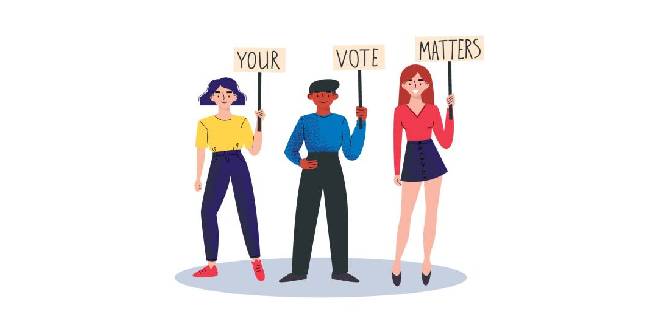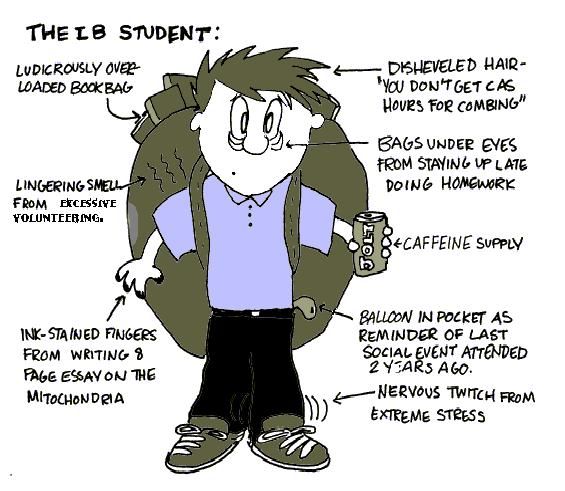By Simran Saraon, Year 12
At the heart of democratic values, representation takes a central place. This gives way to the following question: Should we let minors vote? Answering this requires a complex scaffolding and understanding to be built beforehand, and it also gives way to a plethora of other concerns: If we should let minors vote, then at what age? What level of education must be attained before we allow minors to influence policy and government? Should there be a further syllabus to inform minors of politics before they can vote? Even though there is no such prerequisite for adults? While the details remain to be thrashed out, the simple fact remains: Minors are the future torchbearers of society, and are direct recipients of the policies voted on today. This is why they should be allowed to vote:
Granting the right to vote to minors would no doubt foster civic responsibility from a young age, with this practice of influencing policy instilling curiosity, care, and a solid understanding of the value of participation and a necessary investment in politics. Minors who partake in voting create active, engaged citizens and responsible adults. More likely to contribute positively to society, the involvement of these voters in society will transform the current voting system where young people are involved and feel a part of national identity.
Lowering the voting age will additionally encourage educational institutions to enhance political literacy among students. Currently, there are no schemes in place to encourage political literacy even among adults, and for the most part, there is no difference in the formal political education between a 22-year-old, an 18-year-old, or a 16-year-old. With the prospect of voting on the horizon, schools and communities would be more motivated to provide a comprehensive civics education. To be able to understand governments, how they work, and how you can impact them must be seen as an essential life skill. The importance of an informed and active voter would be underscored by lowering the voting age, and would also help enormously with representation. Voter turnout at the 2019 General Election was 67.3% across the entire UK. Voter turnout for the 2022 U.S. congressional elections (The second highest for a nonpresidential election year since 2000) was 52.3% of all eligible voters. These percentages would be boosted because the interconnection of politics and education would provide more people with the chance to vote, and more active voters.
Granting minors the right to vote is not merely about political inclusion; it’s an investment in shaping a more informed and innovative society. Young people are not passive observers but are directly impacted by political decisions, from education reforms to environmental policies. Allowing them to vote ensures their unique perspectives inspire creative solutions to longstanding societal challenges. Additionally, giving them a voice on issues like climate change and social justice empowers them to advocate for policies aligned with their values, fostering a more diverse and inclusive political landscape that reflects the concerns of the younger generation.
In conclusion, granting minors the right to vote is an investment in the future of democracy. It nurtures a generation of informed, responsible citizens who are deeply connected to the issues of their time. By allowing them to participate in the democratic process, we not only empower them but also enrich our political discourse, creating a society where everyone’s voice truly matters.



